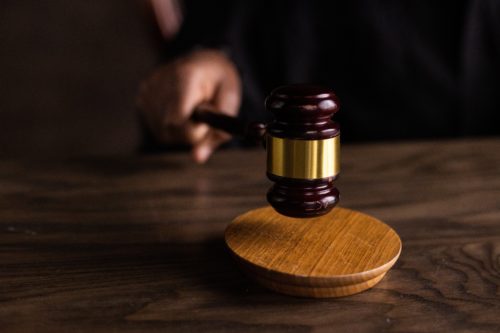
When a person is convicted of a crime in New Jersey, they may be sentenced to probation for a period of time. Probation allows an individual to serve their sentence within their community instead of doing so in jail. However, it is important to know that they are under the supervision of a probation officer. While sentenced to probation, the individual is required to follow certain guidelines that are set by the probation officer. If they fail to do so, they can be subject to various consequences as a result. This is known as a probation violation. If you are facing a probation violation in NJ, contact a Bergen County criminal defense lawyer for assistance navigating your case.
What are some common terms of probation in NJ?
In New Jersey, a person can be placed on probation for one to five years. This time can be extended or ended early. During this time, if the defendant violates any conditions of their probation, they can be charged with a violation of probation. It is important to know that while serving this time, the individual’s designated probation officer can do random check-ins to ensure they are following the necessary rules. Some conditions of a probation sentence may include but are not limited to:
- Meetings with a probation officer
- Pay fines associated with the charges
- Maintain employment
- Community service
- Go to counseling
- Abiding by a curfew
- Do not break any laws
What Happens If I Violate Probation?
The process of handling a probation violation begins with probation officers. The officer will file a Violation of Probation (VOP) complaint with the court. This outlines, in detail, exactly what the violation was. A court hearing can then be held. It is important to know that if you fail to attend a hearing regarding your probation violation, a warrant can be issued for your arrest.
At the hearing, a judge can listen to your explanation regarding the complaint. They can then determine if the complaint against you is valid or not. If the judge decides that you, in fact, did not violate the terms of your probation, you can be free to go. If the judge does find you guilty, they can impose penalties based on the severity of the violation and the circumstances surrounding it. This may involve revoking your probation and being sent to jail.
Defense for Probation Violations
During a violation of probation hearing, it is important to have a criminal defense attorney on your side. In these situations, the attorney can argue the following for your defense:
- The alleged complaint of the violation is wrong
- The alleged acts in the complaint are not a violation of probation
- The violation was minor or accidental
- Good behavior makes further penalties unnecessary, as it was a one-time violation